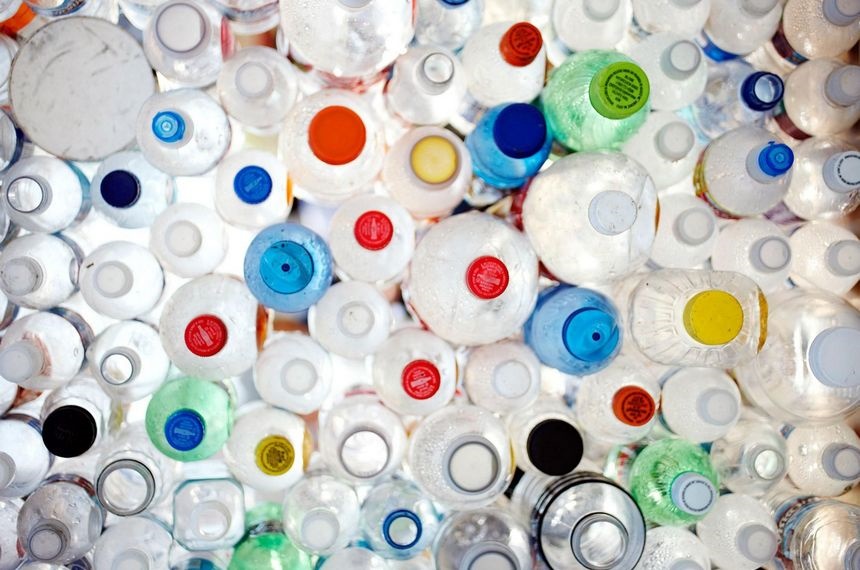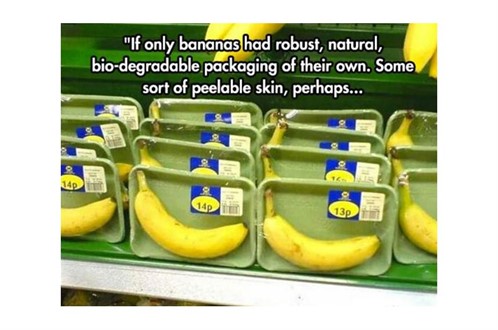
Our addiction to plastic is creating an environmental crisis
A recent study in the journal Science Advances revealed that since the 1950’s we have produced about 8300 million metric tons of plastic. Half of that was produced in the last 13 years alone. A million plastic bottles are bought around the world every minute and the number will jump another 20% by 2021. The largest market for plastics is packaging, an application whose growth is only accelerating due to a global shift from reusable to single-use containers, the study points out. Some campaigners predict this is creating an environmental crisis that will be as serious as climate change.
So the question is, where is all this plastic going, and the answer is staggering - about 9 percent of that was recycled and 12 percent incinerated. This means that 79 percent of that waste is left to accumulate in landfills or the natural environment, and none of the commonly used plastics are biodegradable.
A global shift is therefore needed, first in the legislation, which would ban certain single use items, such as plastic bags, styrofoam cups, etc. Some good examples come from India, which banned all forms of disposable plastic in its capital (use of cutlery, bags and other plastic items) and Morocco which banned plastic bags in 2016.
EU has also been active in this field, with an EU directive passed in April 2015 that is now slowly being implemented across all member states. Under the directive, members must reduce their average plastic bag consumption from 200 bags per person in 2015 to 90 bags per person in 2019 and 40 bags per person by 2025.
However, some argue that getting rid of plastic bags won’t do much for the environment, as simply charging for a plastic bag, without directing these funds into environmental programs, does not necessarily resolve the problem. Shoppers slowly return to old habits, governments and retailers stop educating consumers and re-usable bags soon make their way into water ways and landfill.
Change in consumer habits will be necessary to reduce this massive amount of plastic, and a shift in our mind-set is crucially needed. So next time you go shopping, bring your own bag, decline an additional free bag for frozen items and don’t put the bananas in a separate plastic bag – they already come in convenient packaging.

Links:
https://www.ecowatch.com/morocco-bans-plastic-bags-1946455924.html
http://www.theepochtimes.com/n3/2147559-eu-ban-on-plastic-bags-making-impact/
Author: Petra Hartman (Ekvilib Institute)

Follow us on